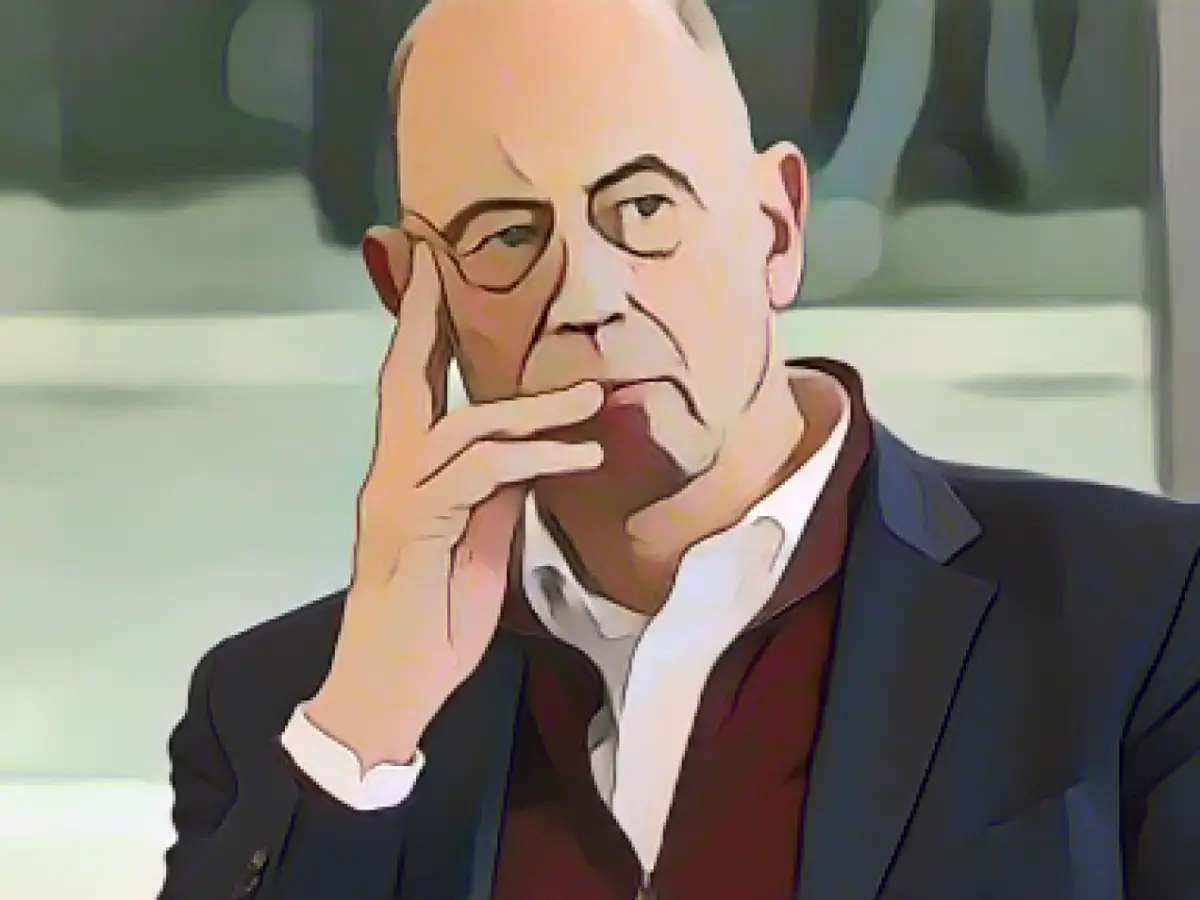Deep sea - Transformation of the automotive industry must be a success
Thuringia's Economics Minister Wolfgang Tiefensee (SPD) believes that the transformation of the automotive industry is at risk if the federal government restricts its financial support. On Monday, he referred to support for transformation networks and hubs, for example. "Cutting funding in these areas now due to the current budget situation would send out fatal signals," explained Tiefensee at the "Actively shaping regional transformation" forum in Leipzig. Instead, the automotive industry needs these sustainable investments in order to maintain its "economic appeal".
His Saxon departmental colleague Martin Dulig(SPD) continues to see the industry's transition to electromobility as an opportunity, despite the recent subdued demand for German-made electric cars. "Saxony is and will remain an industrial state and we want to take as many suppliers as possible with us through the change, retain skills, secure good jobs, but also open up new business areas and secure leading positions in them," he said. The growing semiconductor cluster is a good example of this. "I would like to see this change as an opportunity."
Dulig conceded that many small companies in more traditional business areas will find it difficult to keep up with the upheaval. There are still dependencies on components for combustion engines in this country. However, Saxony has established a good starting position for electromobility and the cars of the future. "Around a quarter of a million battery-electric cars are produced at Saxon locations every year." Many suppliers could follow this path and benefit from the new products.
Tiefensee also emphasized that the automotive industry, including suppliers, is one of the most important sectors in Thuringia. It includes 700 companies with more than 66,000 employees and a turnover of 9.3 billion euros. It is therefore extremely important that the transformation is crowned with success, the Minister stated.
The two-day forum in Leipzig is a joint event organized by the federal ministries of economics and the states of Saxony and Thuringia. It focuses on the opportunities and challenges of the transformation of the automotive and supplier industry. The program included presentations, discussion panels and workshops.
Volkswagen, BMW and Porsche have car factories in Saxony, while Opel has an assembly plant in Eisenach in Thuringia. Mercedes-Benz produces engines in Kölleda in Thuringia and battery systems in Kamenz in Saxony. There are also a large number of automotive suppliers in both states.
The two millionth vehicle has now rolled off the production line at the Porsche plant in Leipzig, which opened in 2002. The 680 hp golden sedan was destined for a customer in Dubai, the company announced on Monday. The factory has been converted so that electric cars and axles can also be manufactured there. In future, three types of drive - combustion, electric and hybrid - are to be manufactured on one line. The first all-electric "Macan" model is due to be delivered next year. The factory currently builds 550 vehicles a day. In total, more than 4400 employees work there.
Read also:
- Despite the challenges, Wolfgang Tiefensee, the Industry Minister of Thuringia, emphasizes the importance of the automotive industry's transformation being successful, as it employs over 66,000 people and contributes 9.3 billion euros to Thuringia's economy.
- In Saxony, Martin Dulig, his SPD departmental colleague, sees the transition to electromobility as an opportunity, acknowledging that many smaller companies may find it difficult to keep up, but highlighting Saxony's strong position in electromobility production with around 250,000 battery-electric cars produced annually.
- The SPD politicians believe that federal government support is crucial for the transformation, and cutting funding now could send "fatal signals," as sustainable investments are needed to maintain the industry's "economic appeal."
- In Thuringia, the automotive industry includes 700 companies in the sector, and Volkswagen, BMW, and Porsche have car factories in neighboring Saxony, while Opel has an assembly plant in Eisenach.
- The two-day forum in Leipzig, featuring presentations, discussion panels, and workshops, focused on the opportunities and challenges of the automotive and supplier industry's transformation, involving federal and state ministries.
- The transformation of the automotive industry is not just about cars but includes the creation of new business areas and securing leading positions, such as the growing semiconductor cluster in Saxony, which Dulig views as a positive example of change.
Source: www.stern.de








